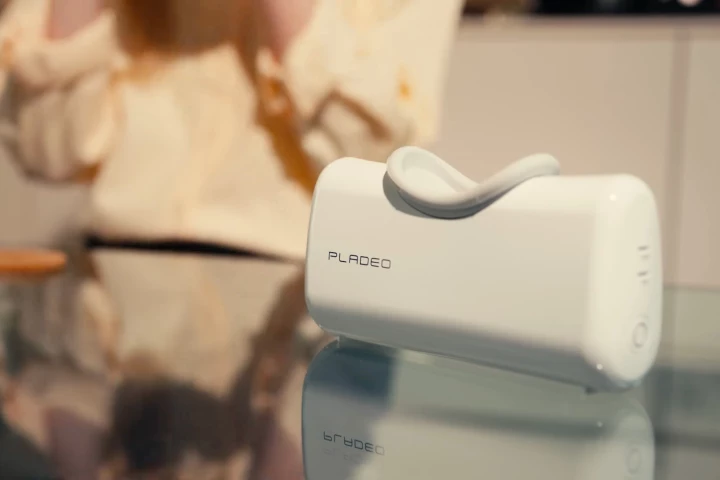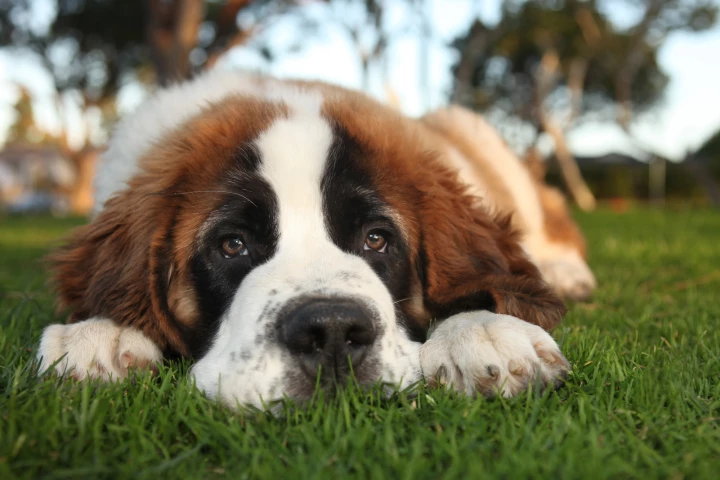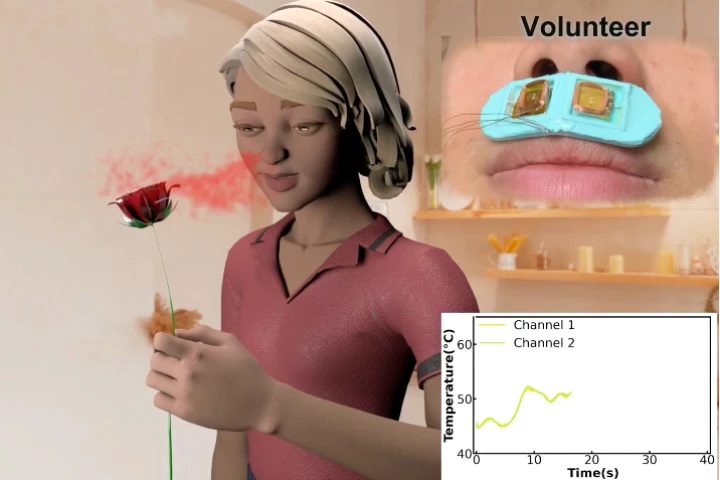Odor
-
It's not your underarm sweat that stinks, it's the volatile organic compounds (VOCs) produced by bacteria as they break down the fatty acids in that sweat. A new device is claimed to prevent the stink by killing those bacteria with plasma.
-
In the world of dogs and cats, it wouldn't be a stretch to say that canines seem more optimistic and felines less so. But a dog's optimism can apparently be dampened by their human's emotional state, according to new research.
-
Two dogs in a small study were able to correctly identify what breath smelled like when it was linked to a memory of trauma. The finding might allow dogs to be even better friends when it comes to helping PTSD sufferers cope with their conditions.
-
A new study led by researchers in Germany has for the first time compared the chemical composition of body odor between teenagers and infants, homing in on the exact compounds that make babies smell like flowers and teens smell like sweaty goats.
-
While we've seen multiple attempts to produce real-world odors in VR environments, many have involved cumbersome wearable devices. Chinese scientists have developed a much more streamlined system, which is applied to the skin below the user's nose.
-
One thing that will definitely ruin a wine is an unpleasant aroma. Such malodorous wines could soon be saved, however, with a little bit of help from gold nanoparticles.
-
Science is quickly catching up to the powerful sniffers on dogs with its own range of artificial noses. Case in point: researchers modified E. coli bacteria to spin electrically conductive nanowires capable of detecting disease-related odor molecules.
-
Our ancestors probably didn’t smell good, but did they smell well? A new study has grown odor receptors from Neanderthals and Denisovans, and tested their sensitivities to different smells compared to modern humans.
-
While we've heard about a number of "electronic noses," the devices are rarely as sensitive as their natural counterparts. That's why Israeli scientists have taken a new approach, by incorporating a locust antenna into an odor-identifying robot.
-
Scientists have studied what makes mosquitoes more attracted to some humans over others, and uncovered strong association between being a so-called mosquito magnet and elevated levels of a fatty acids on the skin.
-
For decades, inventors have pursued the concept of adding "smell-o-vision" to movies or TV shows. Swedish scientists have now created such a system for use in VR gaming, and it could actually help people regain their lost sense of smell.
-
Having been domesticated many thousands of years ago, dogs have evolved to become highly attuned to human behavior, but a study from scientists at Queen's University Belfast has taken this concept into new terrain.
Load More











